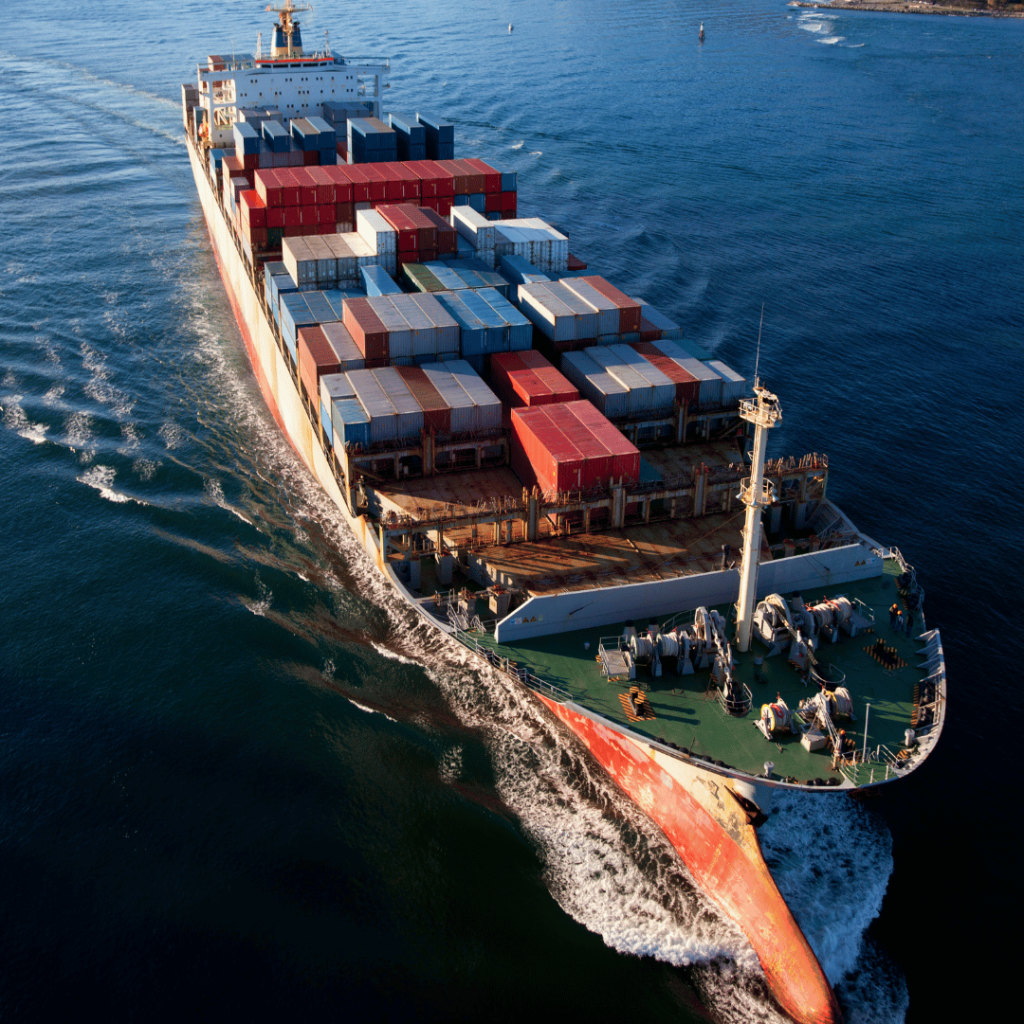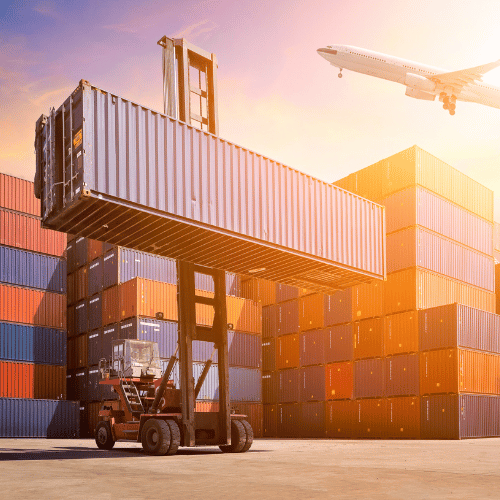In the intricate web of supply chain management, the transportation of raw materials is a critical component. Trucking, in particular, plays a pivotal role in ensuring that raw materials reach manufacturing plants, processing facilities, and warehouses efficiently and on time. This article explores the importance of trucking in raw material logistics, the challenges faced, and strategies to optimize trucking operations for enhanced efficiency.
The Importance of Trucking in Raw Material Logistics
- Accessibility and Flexibility: Trucks provide unmatched accessibility, reaching areas that other modes of transport cannot. Whether it’s remote mines, agricultural fields, or industrial zones, trucking ensures that raw materials are transported from their source to processing units efficiently.
- Speed and Reliability: For short to medium distances, trucking is often the fastest and most reliable mode of transport. It ensures timely delivery of raw materials, which is crucial for maintaining continuous production cycles and meeting manufacturing deadlines.
- Cost-Effectiveness: Trucking offers a cost-effective solution for the transportation of raw materials, especially over shorter distances. It minimizes handling and transshipment costs, reducing the overall logistics expenditure.
- Capacity and Versatility: Trucks come in various sizes and configurations, capable of transporting a wide range of raw materials, from bulk commodities like coal and grain to liquid and hazardous materials. This versatility makes trucking a vital component of the logistics chain.
Challenges in Trucking Raw Materials
- Infrastructure Limitations: Poor road conditions, traffic congestion, and inadequate infrastructure can hamper the efficiency of trucking operations. These challenges are more pronounced in developing regions where investment in infrastructure is lagging.
- Regulatory Compliance: Navigating the complex regulatory landscape, including weight limits, emissions standards, and safety regulations, can be challenging. Ensuring compliance requires meticulous planning and additional resources.
- Environmental Impact: Trucking is a significant contributor to greenhouse gas emissions. The industry faces growing pressure to adopt sustainable practices and reduce its environmental footprint.
- Driver Shortages and Retention: The trucking industry often grapples with driver shortages and high turnover rates. Ensuring a stable and skilled workforce is critical for maintaining reliable trucking operations.
Strategies for Optimizing Trucking Operations
- Route Optimization: Utilizing advanced route planning software can help minimize travel distances, reduce fuel consumption, and improve delivery times. These tools can consider real-time traffic data, road conditions, and weather forecasts.
- Fleet Management: Effective fleet management involves regular maintenance, driver training, and the adoption of fuel-efficient vehicles. Telematics and GPS tracking can enhance fleet utilization and reduce operational costs.
- Sustainability Initiatives: Implementing eco-friendly practices such as using alternative fuels, optimizing load capacities, and reducing idling times can help mitigate environmental impacts. Investing in electric or hybrid trucks is another step toward sustainable logistics.
- Technology Integration: Embracing technology such as automated dispatch systems, real-time tracking, and IoT devices can streamline operations. These technologies provide visibility into the supply chain, enabling proactive decision-making and improving overall efficiency.
- Compliance Management: Working with experienced logistics providers and regulatory experts can help navigate the complex regulatory landscape. Ensuring all documentation is in order and adhering to regulations can prevent delays and fines.
- Collaboration and Partnerships: Building strong relationships with suppliers, logistics providers, and customers can enhance service levels and reliability. Collaborative efforts can lead to more efficient handling, quicker response times, and better overall performance.
Conclusion
Trucking is a critical component of raw material logistics, offering accessibility, flexibility, speed, and cost-effectiveness. Despite challenges such as infrastructure limitations, regulatory compliance, environmental concerns, and driver shortages, strategic optimization of trucking operations can significantly enhance efficiency and reliability. By focusing on route optimization, fleet management, sustainability, technology integration, compliance management, and collaboration, businesses can ensure that their raw materials are transported efficiently and sustainably, driving success in the competitive global marketplace.








